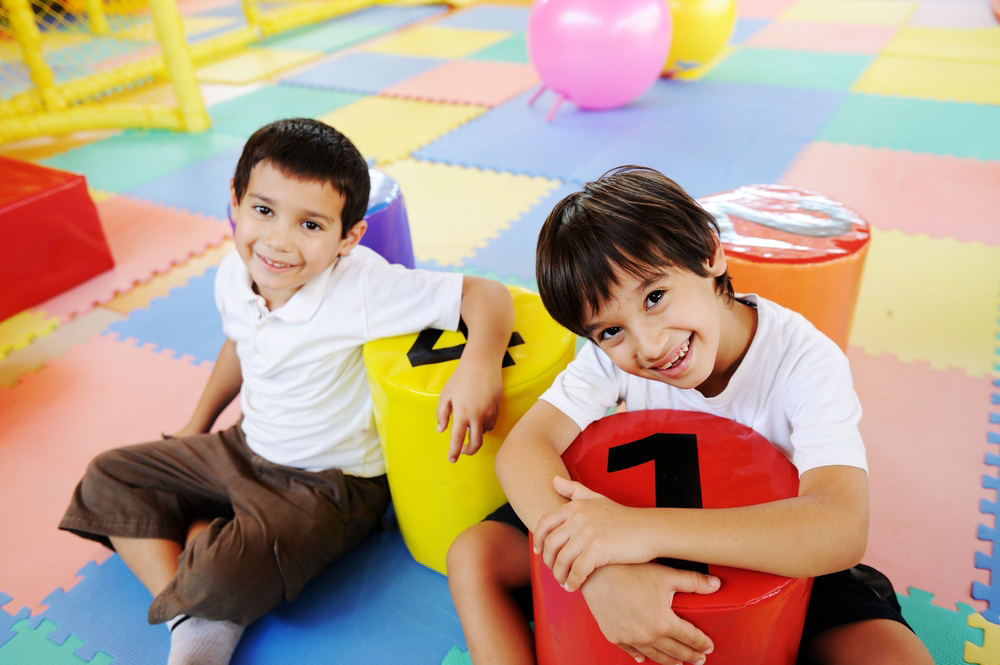
Statistics show that 3 out of 4 families in Westchester are impacted by cancer.
Since 2007, the Cancer Support Community Greater NY & CT at Gilda’s Club School-Based Program has worked with schools across the county, and more than 90% of the students we’ve seen report that they know someone who has or had cancer. Despite this, many students feel alone in their cancer experiences and have many unanswered questions.
Cancer • Learning • And • Social/Emotional • Support
Gilda’s Goes to School
The last thing a child wants is to be seen as “different” among his or her peers. Yet cancer has the ability to re-define a child’s identity in the eyes of others and to create feelings of isolation. From difficulties concentrating on schoolwork to struggling with peer relationships, the pressures of dealing with cancer can have a lasting impact into adulthood.
Because Cancer Support Community Greater NY & CT knows that children impacted by cancer have specific needs, we created this program in 2007 to bring specialized cancer education and support into schools. Geared towards elementary, middle and high schools throughout Westchester, Rockland and lower Fairfield counties, Gilda’s CLASS enables our trained professionals to work closely with school districts to tailor unique cancer support and educational programs.
Gilda’s CLASS is a comprehensive resource designed to bring support and education beyond our clubhouse into your school, free of charge.
Gilda’s CLASS provides students, families, and faculty with education and support through interactive classroom presentations, consultations, lectures and workshops, and an annual symposium designed to reduce anxiety and dispel misconceptions about cancer. Licensed mental health professionals at Cancer Support Community Greater NY & CT can provide school professionals with direct social and emotional support when a student or coworker is impacted by cancer in their school or district. Our staff is also available to speak to parents whose children are impacted by cancer, addressing concerns from how to talk to their children about cancer to how children at different developmental stages understand cancer.
For more information, contact us at info@cscnyct.org